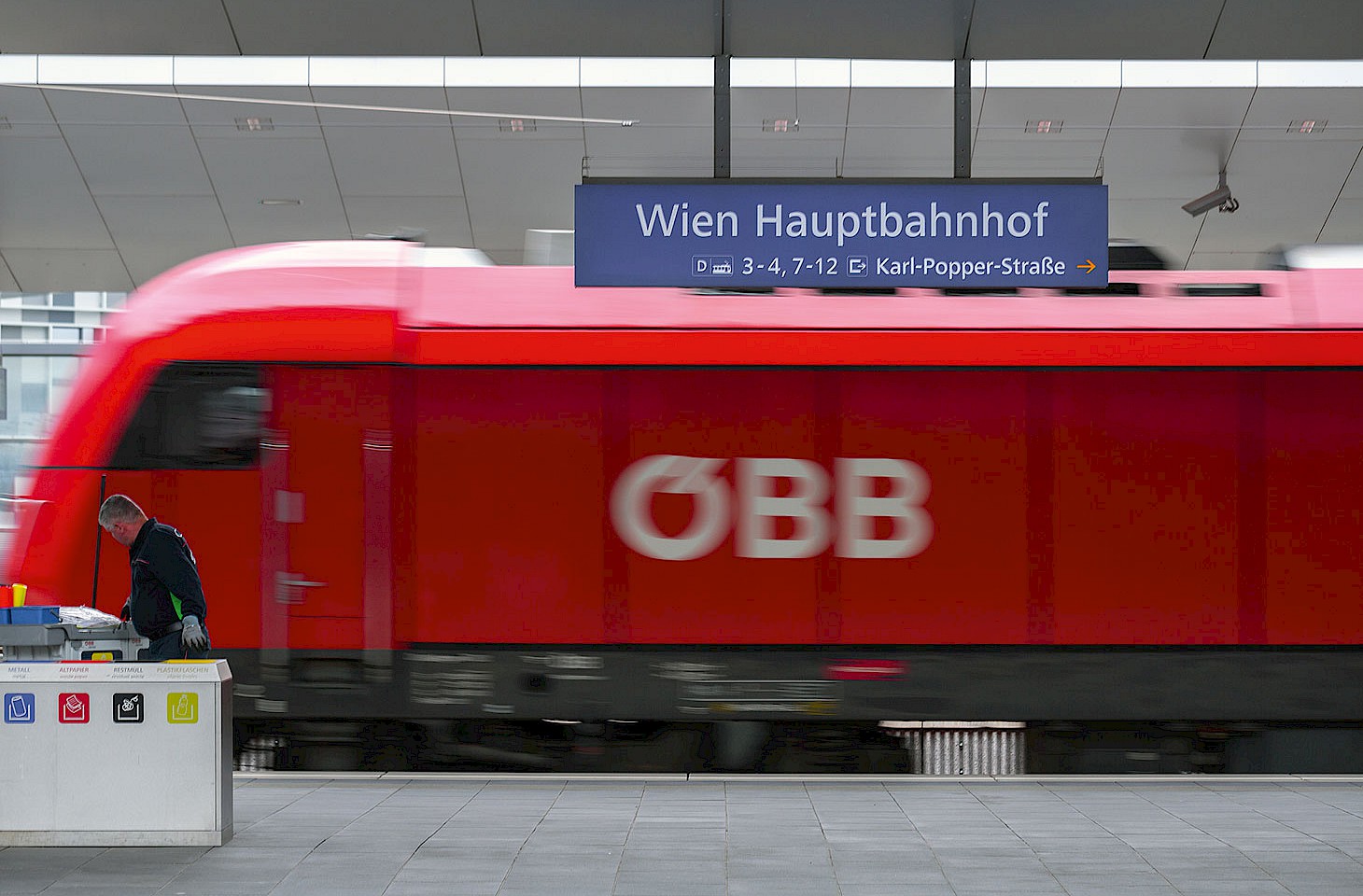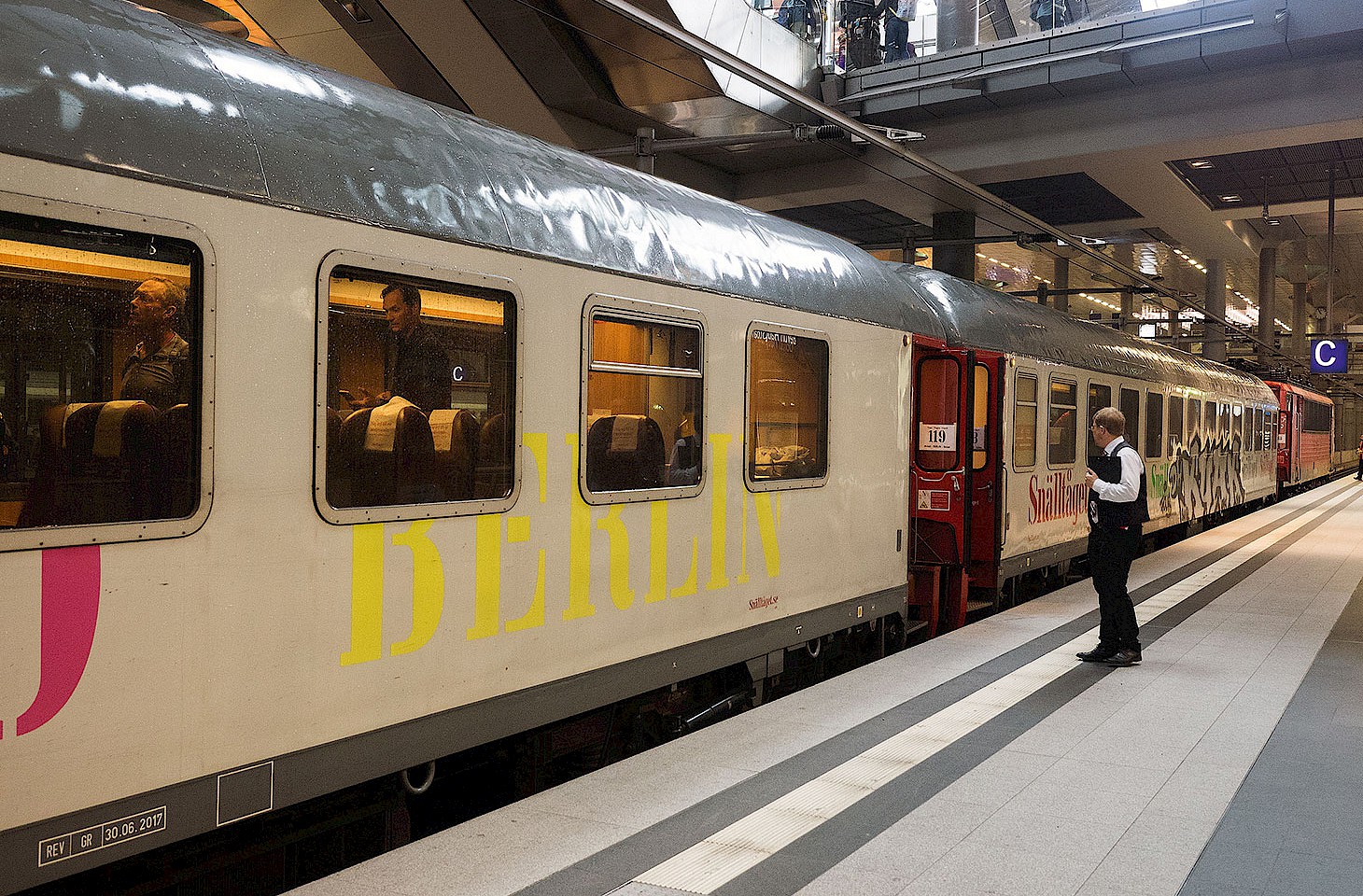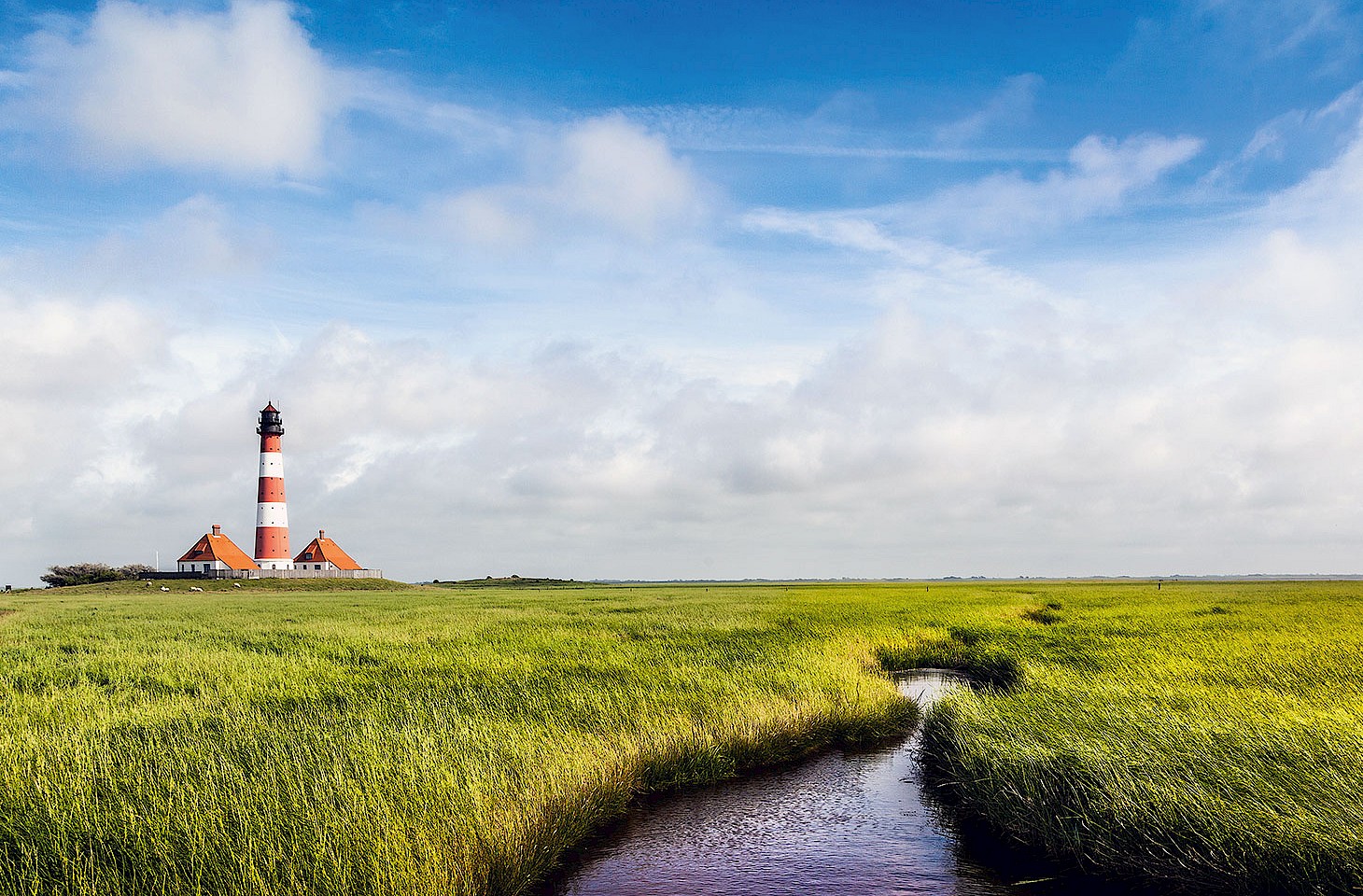I can tell you almost nothing of Misak Arakelyan. He is one of many in the graveyard who were essentially private folk. Men and women never pushed to visibility by Facebook or Google. Most of them were probably never really masters or mistresses of their own destinies, but rather victims of the vicissitudes of European politics. Perhaps they were people who lived for their families, walked in the park and drank a beer or two with friends. Men and women who did an honest day's work, looked back with affection on the distant lands where they had lived as children, and kept the faith. Of one thing we can be certain. Misak, like all who are buried here, was a traveller. These people are the children of the Russian century.
Misak was born in Armenia in 1956 and died last year in Berlin. No obituaries appeared in the newspapers, and Misak was quietly laid to rest in a wooded glade in the northwest corner of the city. It is a patch of land hemmed in by a motorway and a medley of industrial premises: warehouses and workshops. Pause, ignore if you can the roar of traffic on the nearby motorway, and this place has a tranquillity all its own.




